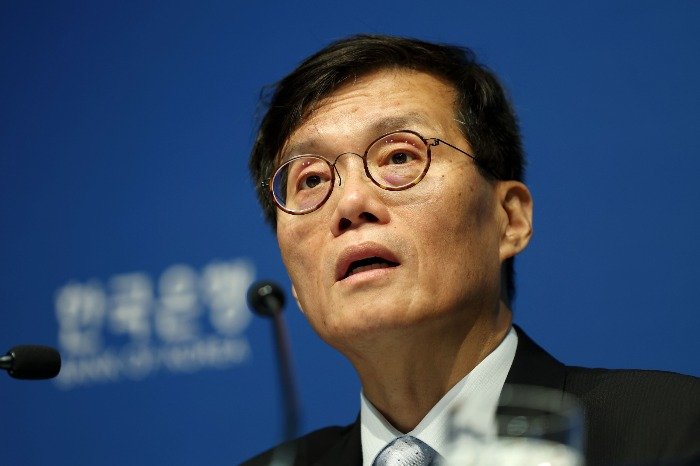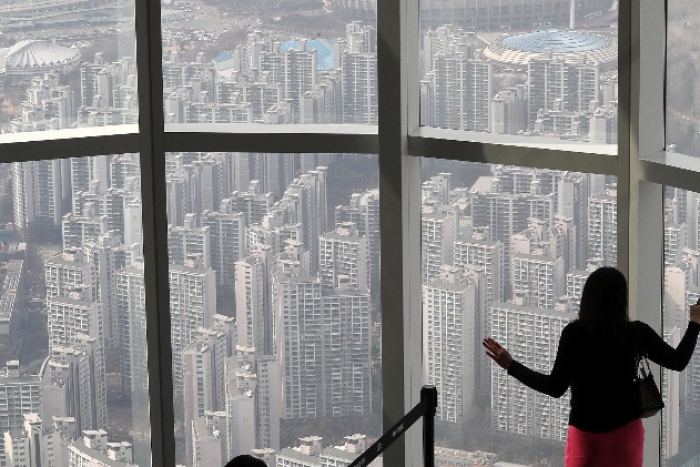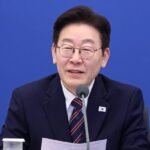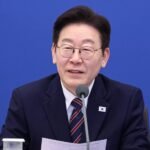
The Bank of Korea (BOK) on Thursday left its benchmark interest rate unchanged at 2.50% for a third straight meeting, in step with the government intensified efforts to curb home price rises.
Rhee Chang-Yong, governor of the central bank, said that recent interest rate cuts have contributed more to rising property prices than to economic recovery, adding monetary policy will prioritize financial market stability.
In a press conference following the rate decision, Rhee said that home prices in the Seoul Metropolitan Area have climbed to levels that are difficult to justify based on income levels and to maintain social stability.
RATE CUTS REMAIN ON TABLE
However, four out of the central bank’s six monetary policy board members, excluding Rhee, now support keeping the door open for a possible interest rate cut within the next three months, the governor said.
Only one rate meeting remains in 2025, scheduled for November.
The BOK bank lowered borrowing costs by a total of half a percentage point in February and May before keeping the rate steady in July and August.

Economists expect the BOK would need time to assess the impact of the government’s recent real estate market measures to rein in runaway housing prices, including one announced early this month, before deciding on further easing.
EXCESSIVE HOME PRICE RISES RELATIVE TO INCOME
In a press conference following the rate decision, Rhee said that home prices in the Seoul Metropolitan Area have climbed to levels that are difficult to justify based on income levels and to maintain social stability.
Apartment prices in Seoul and surrounding areas soared to all-time highs this month ahead of the government’s latest round of measures, including tighter restrictions on mortgage lending.
However the governor acknowleged that interest rates alone cannot fully control property prices.
“We will assess whether a rate cut could further overheat the property market,” he told reporters. “But we must also consider the possibility that not cutting rates could lead to a deeper economic downturn.”
Supporting market expectations for an interest rate in coming months, Rhee played down the impact of the weaker won currency on inflation.
He cited subdued domestic demand and a fall in oil prices, with the domestic economy expanding at a pace below its potential growth rate.
Oil prices have declined 18% year to date. In the second quarter, South Korea’s gross domestic product expanded 0.7% from the preceding three months, rebounding from a 0.2% contraction in the first quarter.
By Jin-gyu Kang
joseph@hankyung.com
Yeonhee Kim edited this article.















